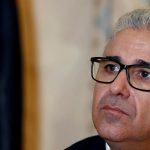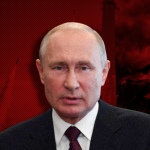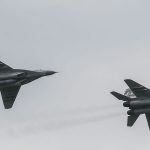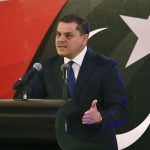As Russia invades Ukraine, Sudan’s leader is in Moscow for talks
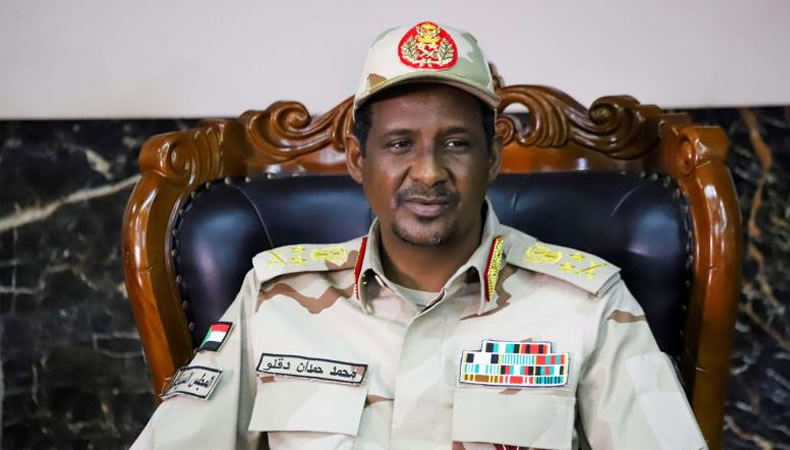

Hemedti’s Moscow visit, according to economic analyst Samah Salman of the United States-Educated Sudanese Association, must be viewed in the context of Sudan’s economic crisis, which worsened when the United States and other Western countries halted financial aid and reversed an earlier decision to cancel much of Sudan’s debt.
Sudan’s native currency has progressively depreciated against the US dollar since then, while the country’s inflation rate remains among the world’s highest. According to Salman, Sudan’s senior military officials, notably General Hemedti and General Abdel Fattah al-Burhan, are looking to Russia for backing if the United States follows through on threatening sanctions. “I believe General Hemedti and General Burhan are well aware that the threat of targeted US sanctions hovers over their heads as a result of the October 25 coup, and Hemedti will seek to a Russian alliance for sustained military and financial help,” Salman told VOA.
Related Posts
Sudan’s reliance on Russia is unsurprising, according to Cameron Hudson, a senior fellow at the Atlantic Council’s Africa Center.
“There is undoubtedly an economic purpose here, despite the fact that Russia is neither a contributor nor an economic giant.” So I believe the trip to Russia is even more of a signal of a strategic change and an attempt to play on U.S. or Western anxieties that Sudan, as much as it has been attempting to pivot into a Western or U.S. orientation, may now be pivoting back,” Hudson told VOA’s South Sudan in Focus.
According to Hudson, developing favorable relations with Sudan also helps Russia’s geopolitical interests in Africa. “Russia is expanding its influence in Africa by deepening its cooperation and friendship with Sudan, and if you look at the map, you can see how they tried to create a foothold in Libya by supporting [Khalifa] Haftar. They have clearly established themselves in the Central African Republic. They’re now in Mali, implementing a strategy to re-establish their influence across Africa and a link with Sudan, and having a seaport on the Red Sea provides them a significant strategic advantage,” Hudson explained.
Russia has agreed to develop a Red Sea naval station with former Sudanese President Omar al-Bashir. The contract was put on hold when the military deposed Bashir and a civilian-led transitional administration was installed. Military rulers took power after the coup. According to Salman, Russian influence in Africa is already visible through the Wagner Group, a private military group with Russian links that operates in portions of Africa.
“Even though the Wagner Group is described as a private security firm, many reports indicate that it is either a state actor or a state-linked actor, and it is one of the key players the Russian government is employing in Africa to strengthen its struggle with the United States,” Salman added. Any ties to the Wagner Group have been rejected by the Russian government. According to Salman, Russia uses Wagner to transfer “military assets, weapons, and finances” to nations such as Sudan, the Central African Republic, Mozambique, Libya, Mali, and Madagascar.
According to Salman, there is proof that the Wagner Group backs Hemedti’s Rapid Support Forces in exchange for lucrative mining projects in Sudan. Before and after the coup, the Rapid Support Forces were mostly responsible for deadly crackdowns on pro-democracy demonstrations in Sudan.
Mohamed al-Nair, a Khartoum-based economic specialist, believes Hemedti’s visit was planned well before the Ukraine conflict.
“It happened at a moment when their views [of Sudan and Russia] and interests aligned. Sudan has been waiting for the West to deliver for a long time. The West has made pledges to Sudan, and conferences to help Sudan have been held in Berlin and Paris, but Sudan could not wait until it was too late, when all of its economic indicators had worsened further due to the West’s withholding of aid.
Hudson of the Atlantic Council refutes the claim that the US was hesitant to back Sudan, claiming that the military coup was proof that the US’s involvement in Sudan was succeeding. “It was functioning so well that the military saw the gains and desire for civilian administration as a danger, and that’s why they intervened.” “I spoke with folks in the [US] Treasury Department, and they said Sudan was obtaining debt relief faster than any other country in history,” Hudson told VOA. Sudan, according to Al-Nair, “will be turning to China in the following phase.”





